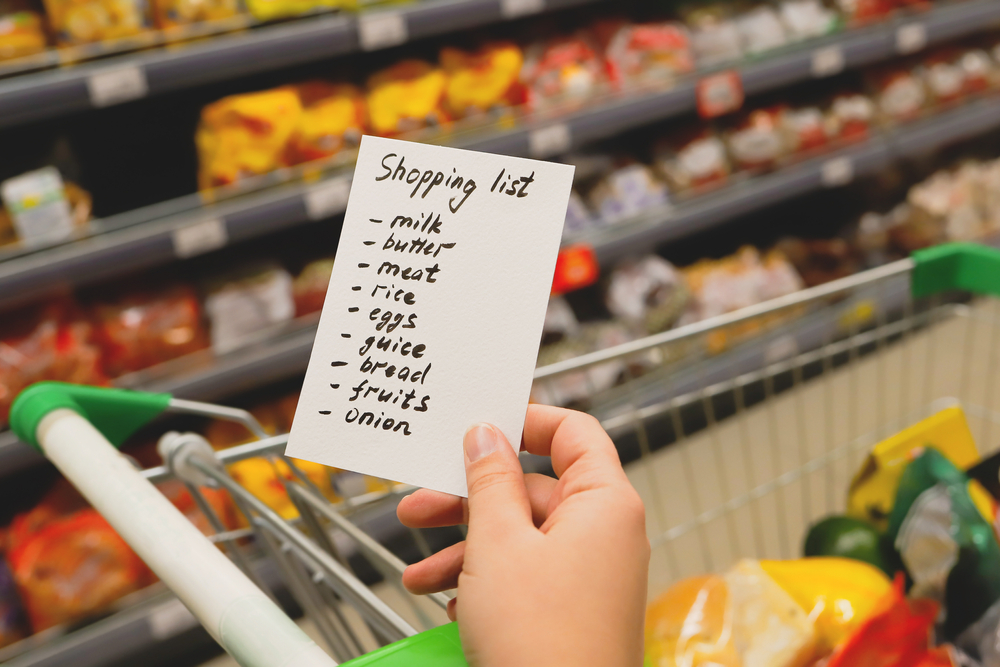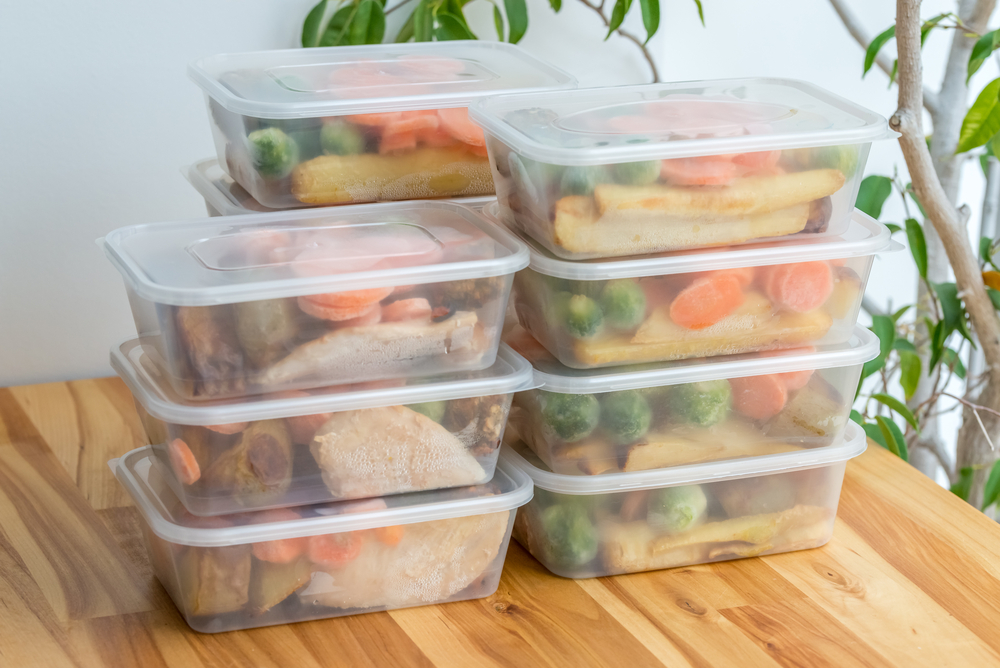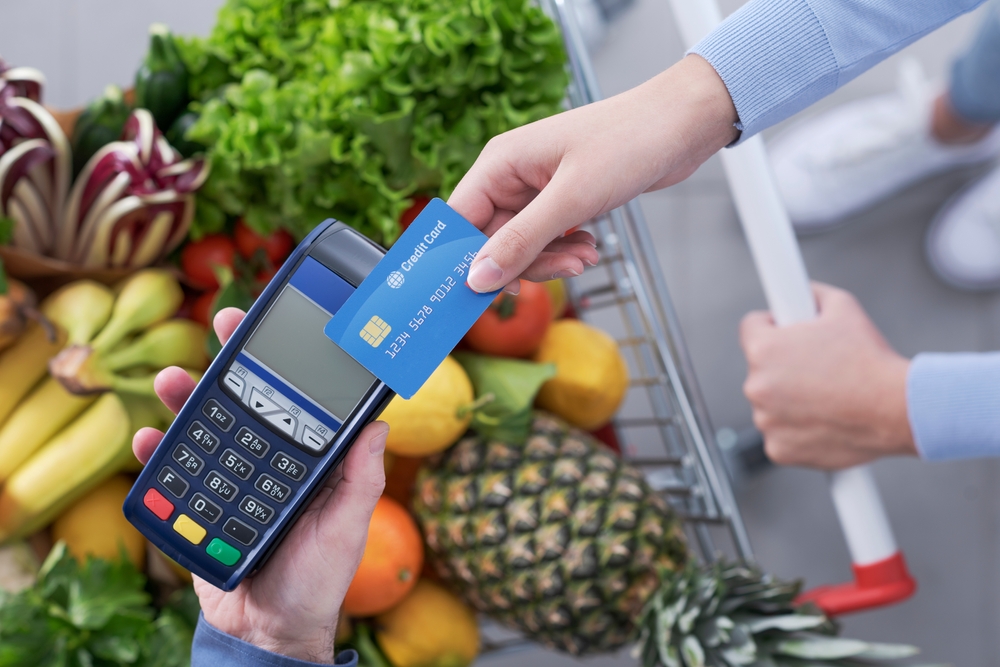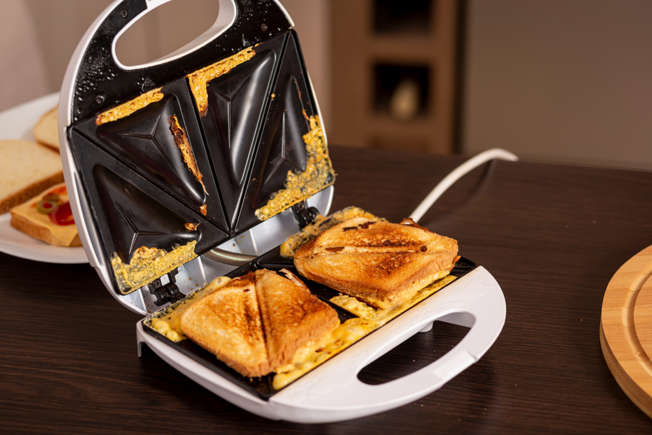Do you ever feel like your grocery bill is higher than it should be? You might be spending more than necessary without even realizing it. Let’s look at some common habits that could be costing you hundreds of dollars at the grocery store each year. By recognizing and changing these habits, you can start saving money and make your shopping trips more efficient. Here are some signs that you’re wasting money at the grocery store and how these habits can affect your wallet.
Contents
- 1 You Shop Without a Grocery List
- 2 You Forget to Notice Unit Costs
- 3 You’re Not Using a Meal Plan
- 4 You’re Shopping at the Priciest Store
- 5 You Don’t Use Coupons
- 6 You Buy Items at the Ends of the Aisles
- 7 You’re Not Looking for Deals
- 8 You Buy Ready-Made Meals at the Market
- 9 You Never Get Around to Eating Leftovers
- 10 You Buy Groceries with a Credit Card
- 11 You Buy Pre-Cut Produce
- 12 You Buy Out-of-Season Produce
- 13 You Shop Hungry
- 14 You Never Take Food Home from Restaurants
- 15 You Buy Only Organic Produce
- 16 You Buy Pricey One-Time-Only Ingredients
- 17 You’re Not Buying Generic
- 18 Your Grocery Bill Is Often Too High
- 19 You Don’t Belong to Supermarket Loyalty Programs
- 20 More From RetailShout
- 21 19 Antioxidant-Rich Foods That Fight Free Radicals for Optimal Health
- 22 18 Creative Kitchen Uses for Dawn Beyond Dishes
You Shop Without a Grocery List

Shopping without a list can lead to impulse purchases. Without a plan, it’s easy to buy items you don’t need or already have at home. This habit can quickly inflate your grocery bill. Additionally, you may forget essential items, requiring another trip to the store, wasting more time and money.
You Forget to Notice Unit Costs

Ignoring unit costs can lead to overspending. Products with larger packaging might seem like a better deal but can cost more per unit than smaller sizes. Understanding unit prices helps you compare options effectively. This small step can save significant amounts over time.
You’re Not Using a Meal Plan

Without a meal plan, you might buy ingredients that go unused. This often results in food waste and additional expenses. Planning meals ensures you purchase only what you need. It also helps you use ingredients efficiently, reducing the likelihood of throwing away unused food.
You’re Shopping at the Priciest Store

Shopping at high-end grocery stores can significantly increase your grocery bill. These stores often charge more for similar items found elsewhere at lower prices. Exploring different stores can help you find better deals. Price comparisons can lead to substantial savings on your monthly grocery expenses.
You Don’t Use Coupons

Not using coupons means missing out on potential savings. Coupons can reduce the cost of frequently purchased items. Taking a few minutes to find and use them can lead to considerable savings over time. Ignoring them means you’re likely spending more than necessary.
You Buy Items at the Ends of the Aisles

End-of-aisle displays often feature higher-priced items. These products are placed for impulse buying, not necessarily for value. Being aware of this marketing tactic can help you avoid unnecessary expenses. It’s better to stick to your list and compare prices within the aisles.
You’re Not Looking for Deals

Failing to search for deals results in overspending. Many stores offer weekly promotions and discounts that can lower your grocery costs. Taking the time to check for these deals can add up to significant savings. Skipping this step means you might pay full price when discounts are available.
You Buy Ready-Made Meals at the Market

Purchasing ready-made meals is convenient but costly. These items are often marked up significantly compared to their raw ingredients. Cooking at home can reduce your food expenses considerably. Over time, these savings can contribute to a more manageable grocery budget.
You Never Get Around to Eating Leftovers

Throwing away leftovers is a sign of waste. Leftovers can be repurposed for additional meals, stretching your grocery budget further. Ignoring them leads to unnecessary food purchases. This habit results in higher grocery bills and contributes to overall food waste.
You Buy Groceries with a Credit Card

Using a credit card for groceries can lead to overspending. It’s easy to lose track of how much you’re spending when not paying with cash. This can result in carrying a balance and paying interest, increasing your overall grocery costs. Sticking to a budget is easier with cash or debit.
You Buy Pre-Cut Produce

Pre-cut produce is convenient but comes at a premium price. The cost of convenience can add up quickly. Buying whole fruits and vegetables and cutting them yourself can save a substantial amount. This small change can make a noticeable difference in your grocery budget.
You Buy Out-of-Season Produce

Out-of-season produce is typically more expensive and less fresh. Transporting these items from distant locations adds to their cost. Focusing on seasonal produce ensures better quality at a lower price. This approach can lead to healthier meals and a healthier budget.
You Shop Hungry

Shopping while hungry can lead to impulsive and unnecessary purchases. Everything looks appetizing, which can result in buying more than you need. This often means spending more money and possibly wasting food. Eating before shopping can help you stick to your list and budget.
You Never Take Food Home from Restaurants

Leaving restaurant leftovers behind means wasting money. Bringing home leftovers can provide additional meals, reducing your need to buy groceries. This practice stretches your dining-out budget further. It also helps reduce food waste and makes the most of your restaurant spending.
You Buy Only Organic Produce

Exclusively buying organic produce can be expensive. While it has benefits, mixing organic with non-organic can help balance your budget. Prioritizing which items to buy organic can still support health goals without overspending. This approach keeps your grocery costs manageable.
You Buy Pricey One-Time-Only Ingredients

Purchasing expensive, single-use ingredients can quickly drain your grocery budget. These items often sit unused after one recipe. Focusing on versatile ingredients ensures better use of your money. This practice helps avoid unnecessary expenses and keeps your pantry practical.
You’re Not Buying Generic

Avoiding generic brands means paying a premium for name-brand products. Many generic items are comparable in quality but significantly cheaper. Opting for generics can lead to considerable savings. Over time, this switch can lower your overall grocery expenses.
Your Grocery Bill Is Often Too High

A consistently high grocery bill is a clear sign of overspending. Reviewing your spending habits can identify areas for cost-cutting. Small changes, like using coupons or planning meals, can reduce your bill. Monitoring and adjusting your grocery budget helps manage overall expenses better.
You Don’t Belong to Supermarket Loyalty Programs

Not joining supermarket loyalty programs means missing out on exclusive discounts and rewards. These programs often offer significant savings on frequently purchased items. Signing up can provide immediate benefits and long-term savings. Ignoring these opportunities means you’re likely spending more than necessary.
This article originally appeared on RetailShout
More From RetailShout
17 Household Items That Are Wastes of Money

Ever feel like some things you buy for the house just aren’t worth it? Well, you’re not alone. This list of 17 household items might just make you think twice about what’s really necessary and what’s just eating up your money and space. Read More.
19 Antioxidant-Rich Foods That Fight Free Radicals for Optimal Health

Antioxidants are essential for protecting our bodies from the damage caused by free radicals. These harmful molecules can lead to various health issues, including inflammation and chronic diseases. Luckily, we can combat these effects by including antioxidant-rich foods in our diet. Read More.
18 Creative Kitchen Uses for Dawn Beyond Dishes

Ever wondered if that bottle of Dawn dish soap could be good for more than just scrubbing pots and pans? Well, you’re in for a surprise! Read More.






